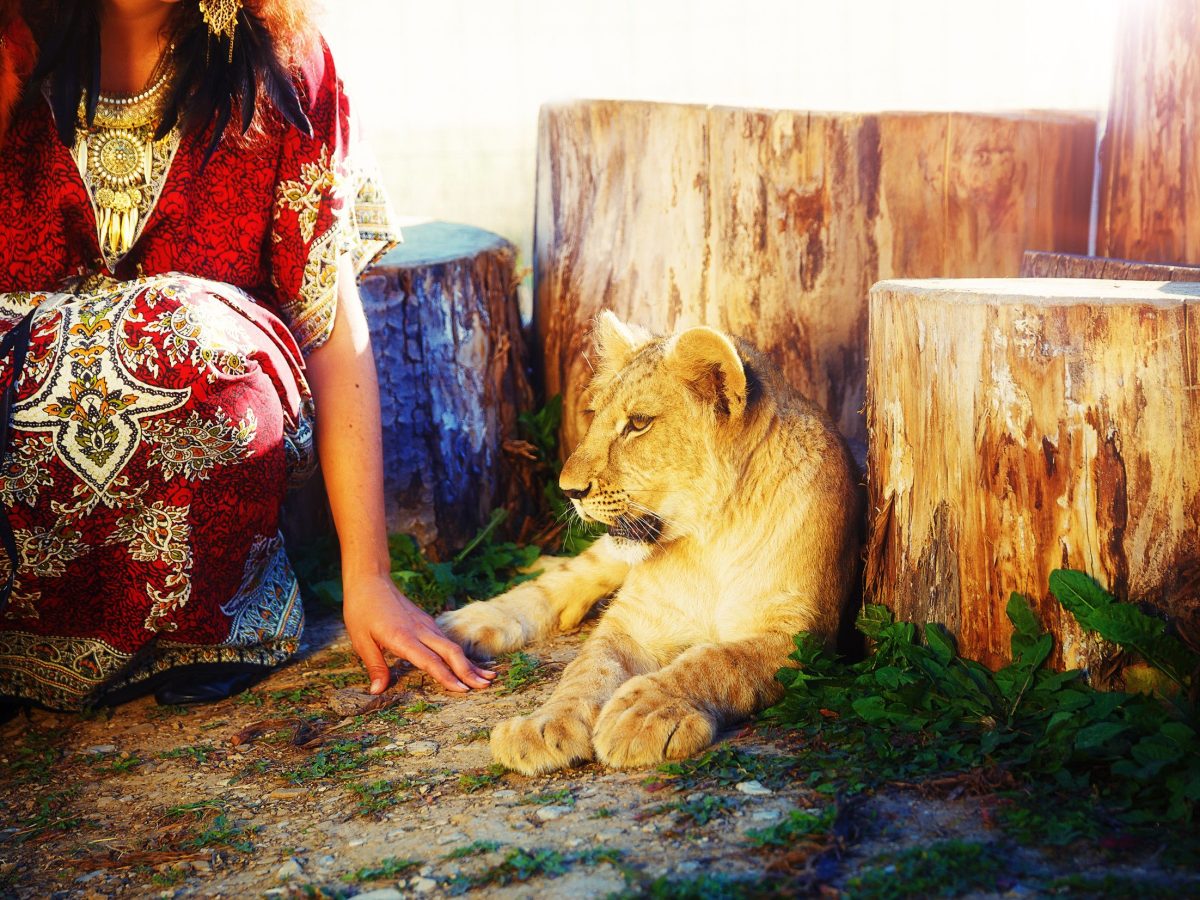
How to Turn Sibling Fights into Lasting Connection
Beyond the Bickering
If you’re a parent, you’ve heard it:
“That’s mine!”
“Stop touching me!”
“Why do they get everything? !”
Sibling rivalry can be one of the most exhausting, confusing, and emotionally charged aspects of family life. It can feel like a never-ending loop of conflict, jealousy, and competition, especially when you just want peace under one roof.
But here’s the truth: sibling rivalry isn’t a sign you’re failing, it’s a signal of what your kids are trying to figure out.
So let’s explore how to shift sibling dynamics from rivalry to relationship. Using current research in psychology and practical wisdom from parenting experts, we’ll guide you toward helping your children develop connection, empathy, and even lifelong friendship.
Yes, it’s possible! Let’s begin!
Understand the Root: It’s Not About the Toy
What’s Really Going On?
Sibling rivalry is rarely about what it looks like. The toy, the seat, the bathroom time, these are just stand-ins for a deeper question:
“Am I loved as much as they are? ”
Psychologists have long recognized that sibling conflict is a normal part of development. It reflects each child’s effort to define themselves, gain parental attention, and navigate their place in the family.
According to Dr. Laura Markham, author of Peaceful Parent, Happy Siblings, rivalry decreases when children feel emotionally safe and seen.
Actionable Tips
- Reframe Fights as Bids for Connection: Instead of “Stop fighting!”, try “Sounds like both of you want my attention right now. Let’s slow down and figure this out. ”
- Validate Feelings, Not Behavior: “You’re mad that your brother touched your drawing. I get that. We still can’t hit. ”
Emotional Intelligence: Teach the Skills They’re Missing
When kids fight, it’s tempting to focus on punishment. But rivalry often continues not because of bad behavior, but underdeveloped emotional skills.
They don’t know how to express jealousy, manage frustration, or problem-solve, and they need you to show them how.
Emotional intelligence (EQ) is a better predictor of life success than IQ. Teaching empathy, self-regulation, and conflict resolution not only helps siblings get along, it equips them for healthy relationships for life.
Actionable Tips
- Name Emotions in the Moment: “It seems like you feel left out because your sister got to pick the movie. ”
- Model Conflict Repair: Let them hear you say to your partner, “I’m sorry I snapped. I was overwhelmed, but I didn’t mean to hurt you. ”
- Teach “I” Statements: Show them how to say, “I feel upset when you take my stuff without asking,” instead of yelling or hitting.
Don’t Compare, Celebrate Uniqueness
Even subtle comparisons can plant the seeds of rivalry:
“She’s so organized. ”
“He’s the athlete. ”
“Why can’t you be more like your brother? ”
Children quickly internalize labels, and when one sibling is praised in contrast to another, resentment often follows. Instead of feeling proud, they feel less than.
Research from the University of Missouri shows that differential treatment, even if unintentional, can increase sibling conflict and decrease self-esteem.
Actionable Tips
- Notice Without Comparing: Say, “You worked really hard on that puzzle,” not “You’re so much better at puzzles than your sister. ”
- Highlight Strengths Equally: “I love how you always make us laugh. ” “I admire how focused you get when you build. ”
- Avoid Labels: Trade “the smart one” or “the wild one” for flexible identities that allow each child to grow.
Use Conflict as a Teaching Moment
Sibling fights aren’t failures, they’re practice grounds for learning boundaries, communication, and emotional resilience.
Instead of jumping in to fix or assign blame, teach your kids to work through conflict with your guidance.
The Coach Approach
- Stay Neutral: Don’t immediately pick sides. Try, “I hear that both of you are upset. Let’s hear what happened, one at a time. ”
- Help Them Reflect: Ask, “What did you want from your sister when you grabbed the toy? ” “What could you try next time? ”
- Encourage Repair: Not forced apologies, but meaningful action. “Is there something you could do to make it right? ”
Foster Shared Goals and Identity
Rivalry weakens when siblings begin to see themselves as being on the same team.
You can create opportunities for bonding by giving them chances to work with each other, not just compete against each other.
Actionable Tips
- Create “Team Challenges”: “Let’s see if you two can work together to clean up the toys before the timer goes off. ”
- Shared Responsibility: “You’re both in charge of making sure the dog has food and water. ”
- Celebrate “Us” Moments: “I love how you helped your brother when he got scared. That was such a kind teammate move. ”
Fill Their Cups Individually
When children feel securely attached to their parent, they’re less likely to fight for attention through rivalry. Sometimes, the sibling conflict isn’t about each other, it’s about you.
A child who feels unseen or insecure may try to reclaim attention by lashing out at their sibling.
According to attachment theory, consistent one-on-one time strengthens the parent-child bond and reduces competition. Even 10 minutes of undivided attention a day can shift a child’s behavior.
Actionable Tips
- Daily “Special Time”: 10–15 minutes per day with each child, where they choose the activity and you are fully present.
- Watch for Signals: Clinginess, tantrums, or picking fights may be a child’s way of saying, “See me. ”
- Offer Reassurance Often: “There’s enough love for everyone in this family, including you. ”
Repair Is More Important Than Perfection
No sibling relationship (or parent-child dynamic) is perfect. The goal isn’t to eliminate conflict, it’s to equip your children to recover from it with compassion and integrity.
When you model repair, humility, and connection, you create a family culture where conflict isn’t feared, it’s faced together.
Actionable Tips
- Debrief After Conflicts: Later in the day, revisit the fight calmly: “Remember what happened this morning? Let’s talk about what we learned. ”
- Model Your Own Repair: “I yelled earlier. I was tired, but I don’t want to speak to you that way. I’m sorry. ”
- Celebrate Growth: “You two solved that without me stepping in! That shows a lot of maturity. ”
Rivalry Is a Door, Connection Is the Key
Sibling rivalry may be loud, messy, and frustrating, but it’s also a chance to teach life’s most essential skills: empathy, respect, repair, and love.
Your role is not to eliminate every fight, but to guide your children toward understanding and connection. When you approach rivalry with empathy and strategy, you turn daily tension into deep, lifelong trust.
So the next time the shouting starts, take a breath.
You’re not just raising siblings.
You’re growing future friends.
Let us know your thoughts in the comments!
Love, joy, and respect to you, always!




